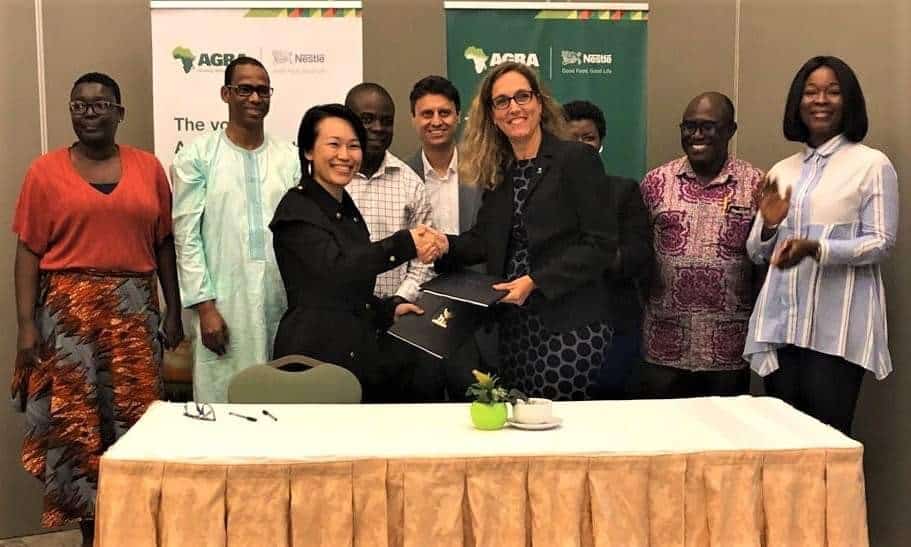The Alliance for Green Revolution in Africa (AGRA) is conducting training in partnership with Value Seeds, Palm Valley and Legal Awareness for Nigerian Women (LANW) under its Gender Consortium Project, to domesticate National Agriculture Gender Policy (NAGP) in Kaduna State.
Technical Adviser, LANW, Barr Rebecca Sako-John, at the venue of advocacy training in Kaduna noted that the partnership was meant to advocate for the domestication of the NAGP that was adopted at the federal level in 2017.
NAGP relates the limitation of growth and development of the agricultural sector in Nigeria and Africa as a whole to the exclusion of smallholder women farmers in strategic participation and in key decisions making and access to agricultural assets.
AGRA Laments Yield Reductions over Climate Change
The AGRA’s Gender Consortium project called “The Enhancing Resilience and Up scaling of Gender Inclusive Rural Economy for Increased Productivity, Livelihoods and Food Security” was developed to address the gender deficit in contributing effectively to food security and agricultural development.
Sako-John explained that smallholder women farmers contributes so much to the agricultural sector but they have limited access to input, credit, training and extension services, adding that they should be carried along to ensure the attainment of SDGs especially low hunger, low poverty and food security.
AGRA Empowers Women and Youths in Niger State
“With the knowledge that about 80 percent of agric works are done by these women, unfortunately, when it comes to production, harvesting and profiting from the benefits they are left behind, she noted.
She added that they are developing a skill in advocacy to identify what are the needs of smallholder women farmers, network and embark on advocacy with relevant stakeholders to see how to make things work better for them.



